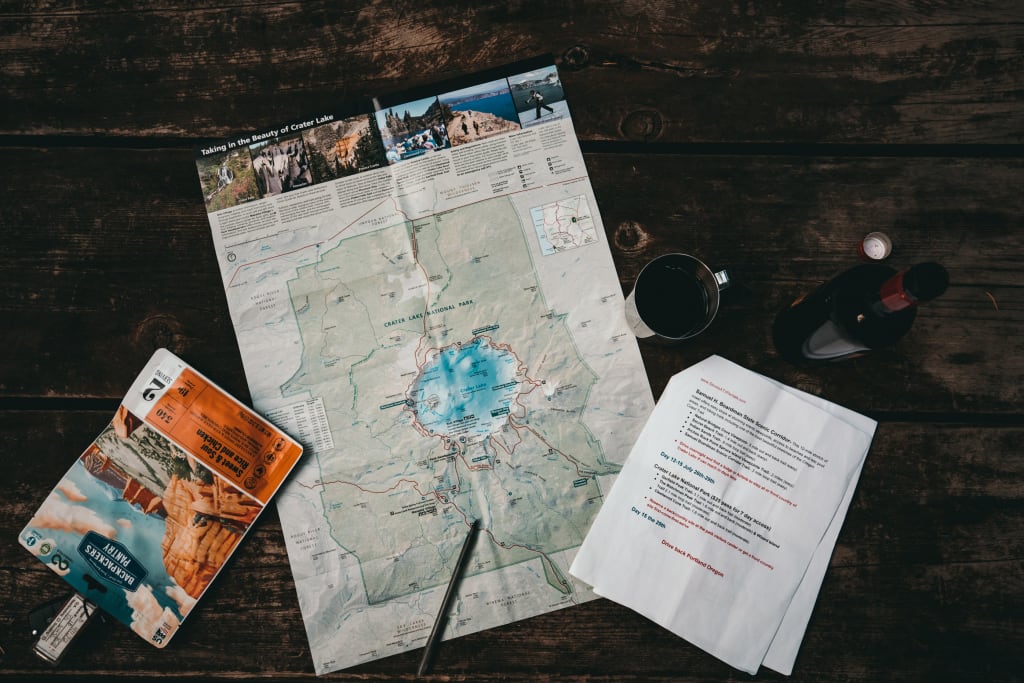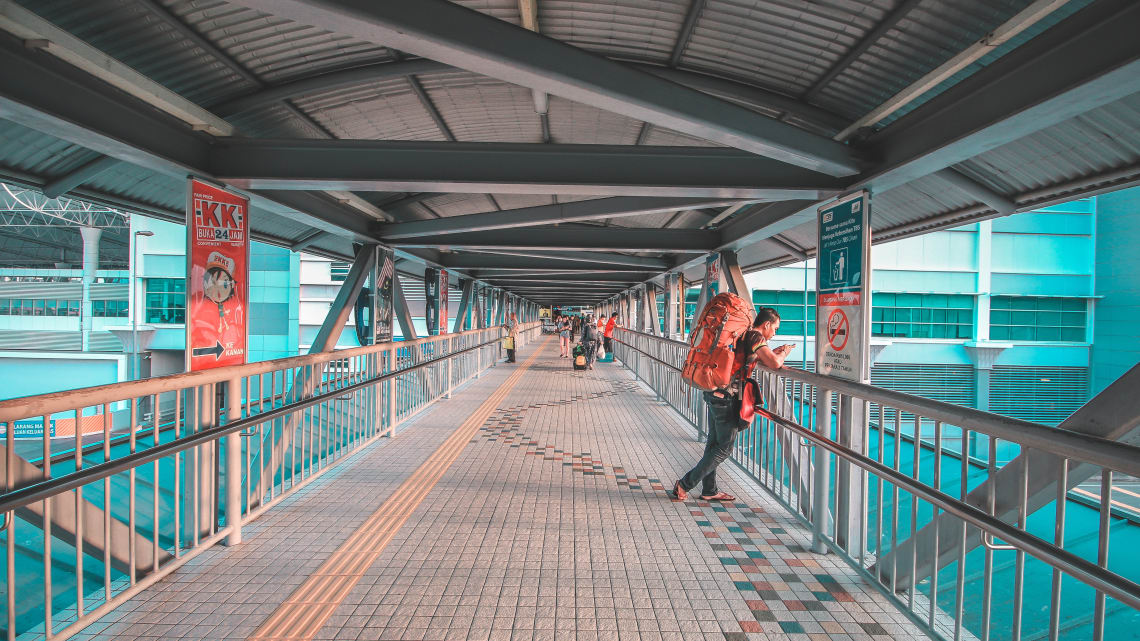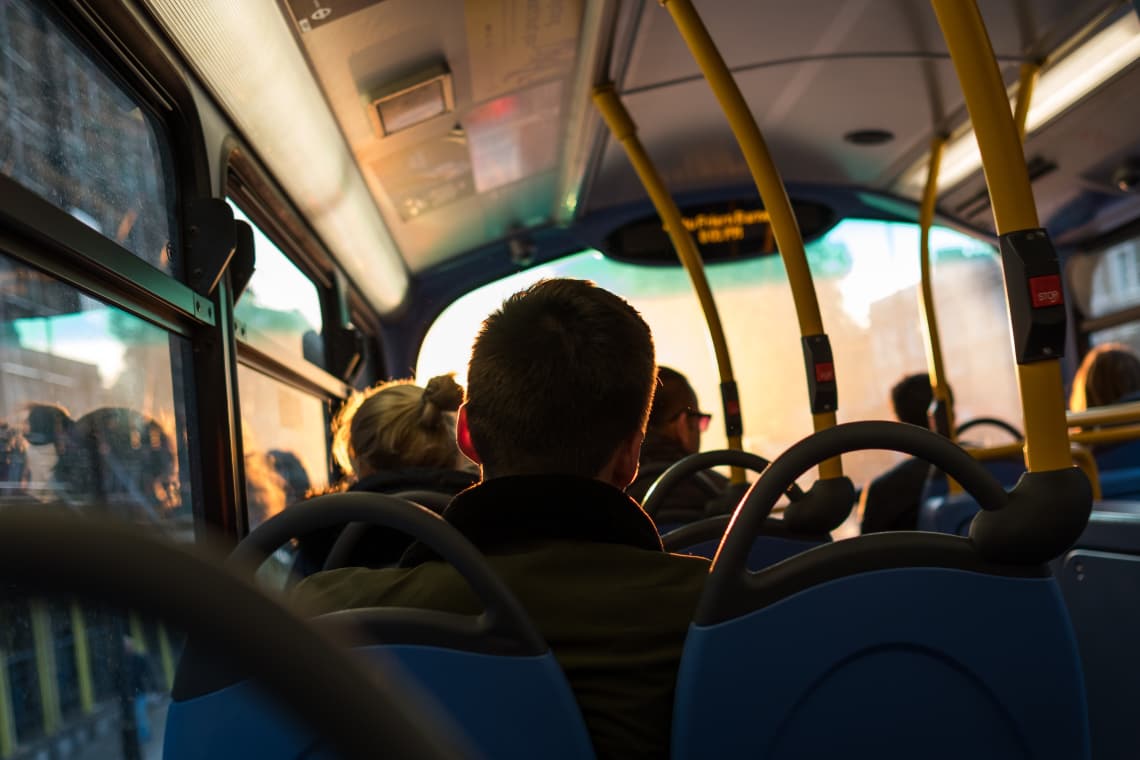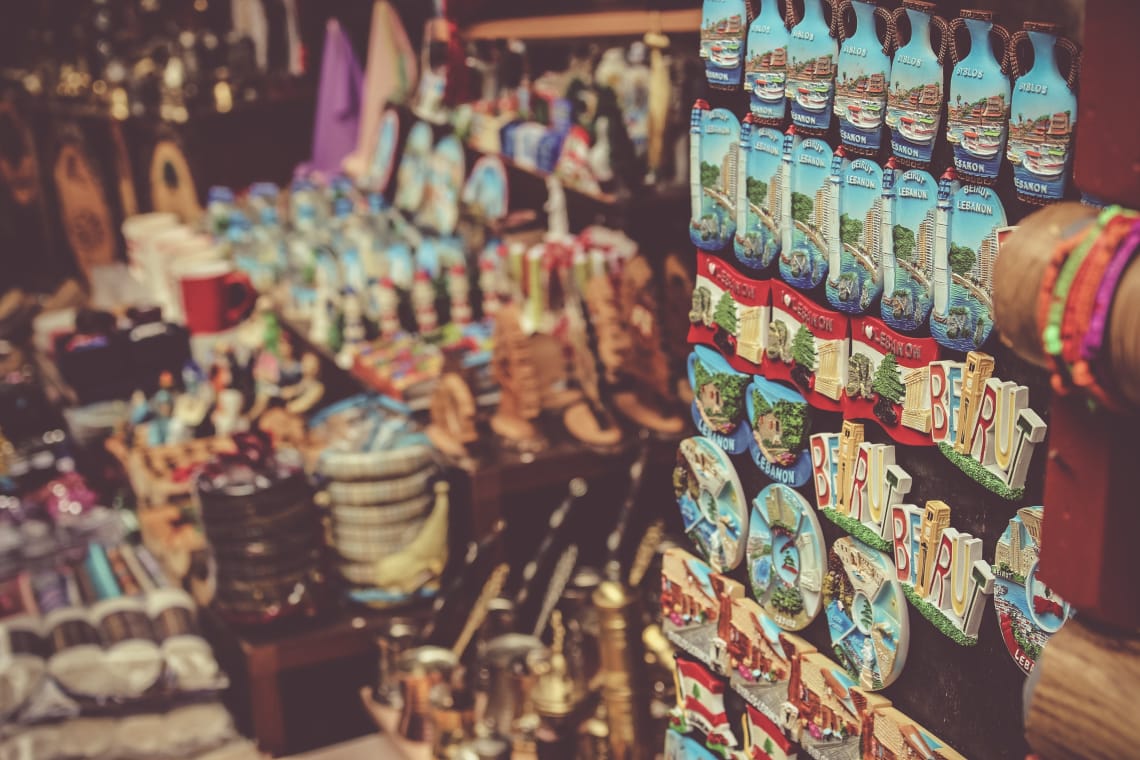A beginner's guide on how to plan your travel budget
Learn how to plan a budget for any vacation, including what to plan for in your budget, how to determine your daily budget, and how much money you should have available in case of emergencies
5min

What's the best way to ruin an amazing vacation? By running out of money before it's over!
Let's face it: budgets are a boring, yet necessary part of the travel planning process. You do not want to be in a foreign country and realize that you have no money left for food for the last three days of your trip.
Put in a little thought and effort before you leave, and you'll save a whole lot of worry while you're there!
There's so much to consider when planning a trip budget, and it can feel overwhelming at first. No worries, though, because I'm here to help! Today I'm going to share my approach to creating a travel budget.
How to budget for your travel
When creating a travel budget, I separate expenses into three categories:
- Preparation Expenses
- Actual Vacation Expenses
- Emergency Funds
You might also like: The greatest travel hacking guide you need for a stress-free trip

1. Preparation Expenses
Preparation Expenses include all the money you must spend before you leave for your trip. Here are some examples of what will be included in your preparation expenses:
Passport and Visa
These costs will vary greatly, depending on where you live and where you are traveling, but there's no way around them so be sure to do your research and make room for your passport and necessary visas in your budget.
Travel Insurance
While travel insurance is not, strictly speaking, required, it is definitely a good idea. Especially if you will be traveling long-term, you should at least research your options. If you're traveling for more than a week, I highly recommend at least purchasing health insurance.
You never know what might happen when you're abroad, and you certainly do not want to come home with thousands of dollars owed to a foreign country, all because you slipped on a rock while hiking or drank some unclean water. There are plenty of affordable options available.
Vaccinations
Vaccinations are usually relatively cheap, but they can save a whole lot of trouble later so go ahead, look up which ones are recommended for the areas you'll be traveling, and add them to your to-do list and budget.
Luggage/Travel Gear
This is a very broad category, and it will depend entirely on what you already have and what you personally deem necessary. Suitcases, backpacks, money belts, cameras, international phone plans, activity-specific gear (for example, hiking boots, sleeping bags, etc.), neck pillows, basically whatever you need to make your life easier/more enjoyable while traveling goes in this category.
Transportation
Here you will include the cost of planes, trains, and automobiles to get you where you want to go. Include major travel routes, not inner-city transportation here.
This list seems quite extensive, but the good news is you likely already have many of the more expensive items on the preparation list, such as a passport, luggage, and camera. Even if you don't, they can be considered investments for future travel as well.
More useful tips on Adventure planning: the best guide for your backpacking trip.

2. Actual Vacation Expenses
The next category, Actual Vacation Expenses, will look like this:
Accommodations
Where will you be sleeping? Luckily, you're on Worldpackers, so there's plenty of opportunities to keep this expense at $0 through work exchange.
Otherwise, this will be one of your biggest expenses. When planning, look up actual rates for your exact dates and destinations, as this can vary hugely depending on the time of year and other factors.
Food and Drink
There is a lot of great information on how much you should budget for this, depending on your destination, on the internet. Consider whether and how much alcohol you plan to consume and whether your accommodations offer free breakfast when planning your meal budget.
Tours/Activities
The best way to plan for this is to make a list of all the activities and tours that you would like to do while you're vacationing and how much they cost
Small Transportation
Consider whether you'll be walking or whether you'll require a taxi or other means of transportation within your destination city and how much that will cost. Other options could include bicycle or motor scooter rentals.
Souvenirs
This will depend on how many souvenirs you plan to purchase and what types. Familiarize yourself on Customs Duty regulations so there are no surprises upon reentry to your home country.
The upside is: this part of your budget should be much more fun to plan!
Once you have a total for this part, divide it by the number of days that you will be traveling.
For example: if I am vacationing for 10 days and the Vacation Expenses part of my budget totals $600, my math would look like this:
$600 total/10 days = $60/day
By dividing your budget into a set amount per day, it will be easier for you to keep track of your travel budget.
There will likely be days where you spend a little more or a little less than your daily budget, but as long as they balance out there's no need to worry.

3. Emergency Funds
Finally, we have Emergency Funds. This is the money that you will have available but separate in case of emergency: stolen or lost credit cards, unforeseen but unavoidable expenses, etc.
I recommend keeping emergency funds in cash and separated into two to three different stashes, kept in separate places during your trip.
The reality is, unexpected expenses come up more often than not, and you should always have a backup plan! I recommend budgeting at least enough money for a couple days' meals and a couple nights' accommodations, as well as an emergency plane ticket back home, should you need to leave early.
Extra: money saving tips!
If your budget is coming out to be too expensive, consider these money saving tips:
- If your accommodations are too expensive, have you considered work exchange? Hostels? Airbnb? Couchsurfing?
- A good way to save money on food and drink is to lower your alcohol intake and shop for food at markets that you can prepare for yourself instead of eating out for every meal.
- Are you traveling during the high season? If so, that can affect the price of transportation, especially flights, accommodations, even activities and food sometimes! Consider visiting during a quieter time of year to save money.
Take your time when budgeting your trip. Plan carefully and be aware of how much you spend each day, and you will have a great time with no money worries! If you still need more help on how to lower your budget, check out my article about 7 actionable ways to save money while traveling!












Rossy
Ago 01, 2020
Loved it!
Savan
Nov 08, 2020
Very needful advice! Loved it!
Gabriela
May 04, 2023
Amazing!
Alexandra
Jul 18, 2023
So helpful. Definitely going to plan how much I’ll spend per day to help budget!
Emi
Sep 24, 2023
🫶